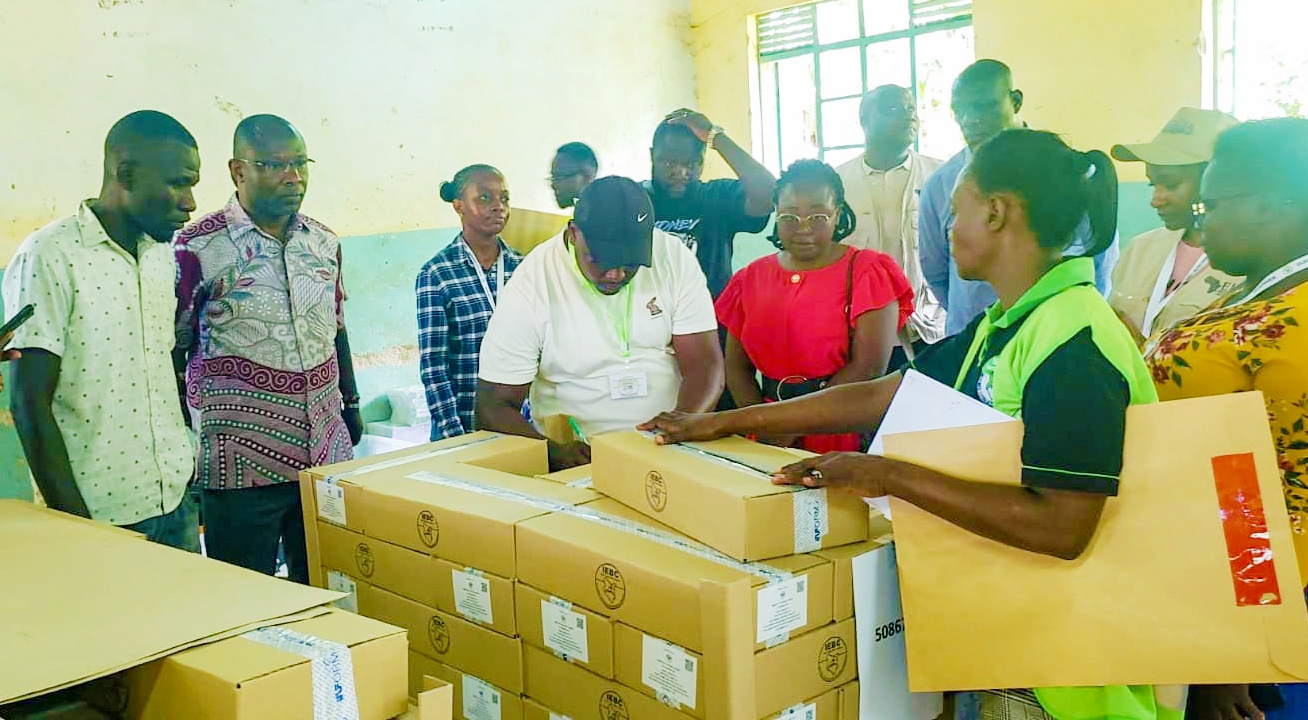Kenya may need to set up a fund to fight antimicrobial resistance – where germs are increasingly defeating the drugs designed to kill them.
A United Nations assessment shows the country ticks nearly all the boxes on national action plans to fight AMR, but progress is extremely slow partly because of poor funding.
In 2019, about 8,500 Kenyans died of easily treatable diseases when drugs failed to work. Another 37,300 deaths were associated with AMR, according to the Institute for Health Metrics and Evaluation.
On Thursday, leaders approved a political declaration at the 79th United Nations General Assembly High-Level Meeting on Antimicrobial Resistance, committing to a clear set of targets and actions.
It included reducing the estimated 4.95 million human deaths associated with bacterial AMR annually by 10 per cent by 2030.
Political declarations are not binding but they, nonetheless, carry significance.
Thursday’s declaration also calls for sustainable national financing and $100 million in catalytic funding. This is to help achieve a target of at least 60 per cent of countries having funded national action plans on AMR by 2030.
This goal is to be reached through, for example, diversifying funding sources and securing more contributors to the Antimicrobial Resistance Multi-Partner Trust Fund.
The Food and Agriculture Organization of the United Nations, the United Nations Environment Programme, the World Health Organization and the World Organisation for Animal Health, known as the Quadripartite, said they welcome the declaration.
“Evidence is mounting that the environment plays a significant role in the development, spread and transmission of AMR, including transmission between humans, and animals to humans," said Inger Andersen, executive director of the Gigiri-based Unep.
"That is why if we’re to reduce the burden of AMR and its risks, the environment must be part of the solution."
"Today’s declaration recognises this need, and Unep will continue to be at the forefront of efforts to reduce the burden of AMR on societies and tackle the triple planetary crisis," she said.
AMR occurs when bacteria, viruses, fungi and parasites no longer respond to medicines, leading to infections becoming difficult or impossible to treat, increasing the risk of disease spread, severe illness and death.
On human health, the declaration sets a more ambitious target. This is that at least 70 per cent of antibiotics used for human health globally should belong to the WHO Access group antibiotics, with relatively minimal side effects and lower potential to cause AMR.
It also includes targets around infection prevention and control, such as 100 per cent of countries having basic water, sanitation, hygiene and waste management services in all health care facilities.
It also includes 90 per cent of countries meeting all WHO’s minimum requirements for IPC programmes by 2030.
“Antibiotics have become a mainstay of medicine, transforming once-deadly infections into treatable and curable conditions,” said Dr Tedros Adhanom Ghebreyesus, WHO director general.
“Antimicrobial resistance threatens to unwind that progress, making it without question one of the most pressing health challenges of our time. Today’s declaration includes vital commitments that, if translated into action, will help to track AMR, slow it down, expand access to antimicrobial medicines like antibiotics and spur the development of new ones."
On agriculture and animal health, the declaration has commitments to, by 2030, meaningfully reduce the quantity of antimicrobials used globally in the agri-food systems.
This is by prioritising and funding the implementation of measures to prevent and control infections and ensuring prudent, responsible and evidence-based use of antimicrobials in animal health.
“Antimicrobials help animals and humans live longer and healthier lives. However, many of these life-saving drugs are dangerously losing their efficacy. This has devastating impacts not only on human health, but also on livestock and the economy at large,” said WOAH director general Dr Emmanuelle Soubeyran.
“Urgent action is needed and we welcome the numerous commitments made by countries through this political declaration.”

















